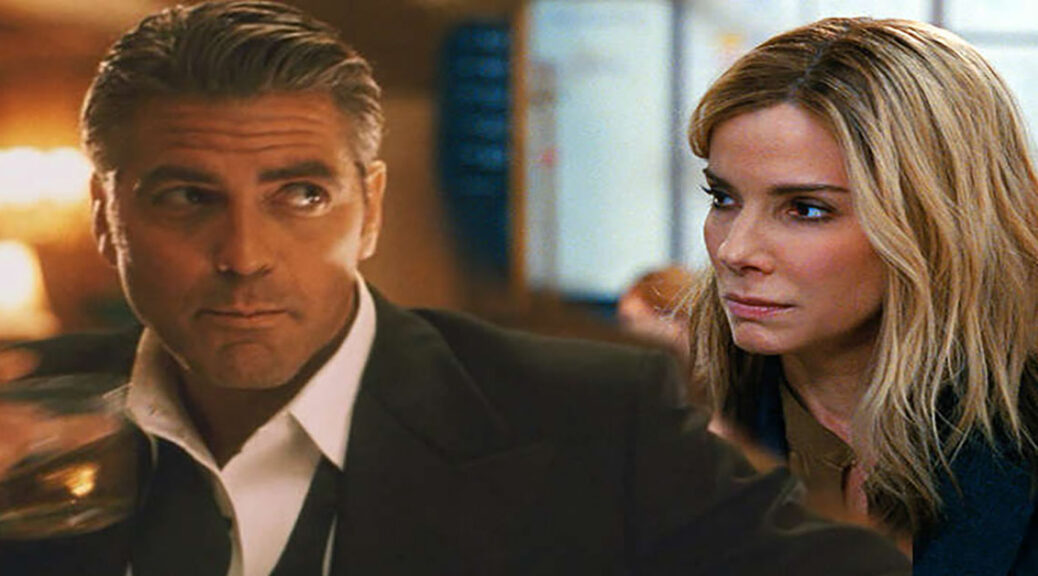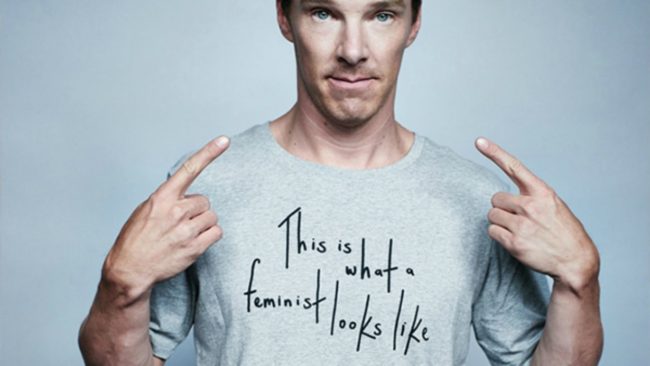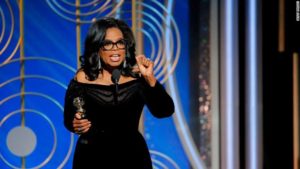By Kelsie Merrick
There is a universal theory amongst our society that the reason for fewer women running for political office is family concerns and responsibilities. In 2011, a study was conducted that surveyed a national random sample of men and women who were deemed "equally credentialed" in the four fields where political candidates commonly emerge. These are law, business, education, and politics. 62 percent of the men questioned admitted to having considered running for office whereas, only 45 percent of women had considered running for office. Jennifer Lawless, a director for the Women and Politics Institute at American University, analyzed this data and realized that family structure or family roles did not account for the 17 percent gap. She believes that "women are less likely to be encouraged to run and less likely to be considered as a potential candidate when a position opens up." The negative self-perception and self-doubt among women is also a factor behind why they are not as involved in office races because of the scrutiny women are under once they enter the political field.
In the United States, during elections there is a tremendous problem with the media and the difference between how they judge female politicians in comparison to male politicians. When it comes to women, "media exposure is often belittling and irrelevant because newspapers and television newscasts focus on appearance and attire, rather than the candidate’s platform or attitudes about central issues." Female politicians are acknowledged by their gender then by whether they can handle raising a family and being a politician at the same time as well as on their mothering styles. Then after the media is finished analyzing them on these two subjects, politics become the main focus. Men, on the other hand, are never questioned about their masculinity or family roles; they are immediately questioned about politics.
Two well-known female politicians that have had to endure the media's crude comments are Sarah Palin and Hillary Clinton. They both ran during the 2008 presidential election and the media had a field day with sexist comments.
For Sarah Palin, there were plenty of topics for the media to critic her on while she was Governor of Alaska such as her defeat with big oil companies. Unfortunately, instead, she was "glorified over her participation in beauty pageants and cheerleading." For this reason, the media immediately dismissed her as a serious candidate and continued to focus on her appearance, lack of seriousness, or lack of experience. She was also persecuted for her role as a mother. Palin, a mother of five with one child having special needs, "was constantly questioned if she would be able to devote enough time to the Vice-Presidency." However, if she were to be a dedicated Vice-President, she then would have been labeled as a bad mother. Her credibility of a Vice-Presidential candidate was questioned even more when her seventeen-year-old daughter became pregnant. If a male candidate’s young daughter became pregnant, it is very unlikely that the media would have broadcasted it as much as they did with Palin.
Sarah Palin's fellow female candidate during the 2008 race was Hillary Clinton. Unlike Palin, Clinton had an "impressive resume and strong qualities" but the media still "labeled her as old, worn down, and significantly less sex appeal than Palin." Yet again, the media chose to focus on Clinton's appearance rather than the extensive experience in politics she had. The media created a dynamic between the two women where Palin was the pretty candidate and Clinton was the powerful, manly candidate due to her "pantsuits and stout stature." Clinton had to deal with comments about her "body, cleavage, choice of pantsuits, and speculation about cosmetic surgery." Because of the continuous inappropriate attacks on her appearance and mannerisms, the public seldom saw any media coverage that was about her intelligence, experience or policies. Hillary Clinton being a Presidential candidate for the upcoming election has had to endure the same inappropriate critics she experienced in 2008. In April, Chelsea Clinton became a mother and this "set off speculation that being a grandmother would affect Hillary Clinton's presidential ambitions" but Joe Biden, a man with five grandchildren, never once was asked about how it would affect his possible Presidential ambitions.
An article in the Huffington Post in 2013, spoke of Johanna Dunaway, an Assistant Professor of Political Science and Mass Communication of Louisiana State University, who conducted a research study that proved that the media covers female candidates running for office differently than men running for office. The research team employed in this study collected data from 9,725 newspaper articles from the Senate and gubernatorial races in 2006 and 2008. The team then looked at if the article focused on personality traits or political issues of those running and compared between the two genders. Their findings were that:
When only male candidates were running, stories focused on character traits 6 percent of the time and political issues 55.5 percent of the time. When only female candidates were running, the stories focused on character traits 9.4 percent of the time and issues 51.7 percent of the time. And when a mix of male and female candidates were running, the articles focused on traits 10.8 percent of the time and the issues 53.1 percent of the time.
The research team concluded that when there is a female candidate in a political race, the media tends to focus more on personality traits in general with an extra focus on the female's personality traits over the male candidate.



